|
Watch your words! This is a warning that many hear early, probably as a child, in warnings about how we speak and the words we use. It is truer and more impactful than we probably realize at the time. Our words and how we use them, however, affect us and the people around us powerfully. Some people never realize the power of their words and others realize it and use that power in reckless or harmful ways. Take a minute and see what comes to mind when you try to remember words or phrases, things that someone said that affected you in a powerful or memorable way. Then, think for a minute about why those words or phrases were so powerful. Was it the tone, volume, the meaning or something else? Now think about why you remembered those particular words and what you felt or feel about them now. What was the affect they had? How long ago were those words spoken? Why did you remember them or carry them forward with you? Unfortunately, more often than not, the words or phrases that we remember, the ones that make a big impact and stay with us far into the future are negative, loud and/or angry. Often times they are said in times that are traumatic, embarrassing or make us feel intimidated or fearful in some way. Those seem to be the words that most often stay with us, with the opposite type of words, the kind, gentle, soft, encouraging and affectionate words said in softness, affection, praise and encouragement coming in a distant second. We let them slip away. Yes, if we think hard enough those words are there too, but they usually don’t come to mind first. They seem to be dominated or over-whelmed by those other louder, more critical and negative words. This is powerful knowledge. Both for being aware of what we say and how we say it, but for evaluating and filtering the impact of our memories. People say things they don’t mean in ways they would never want them to be remembered and yet, that is exactly what happens! As a coach and hypnotherapist, I have clients tell me in tears or on the verge of tears something that a parent said 30 or more years ago or a now ex-spouse said a decade ago and it is, as if, it was said yesterday in the emotional pain it brings back. When people dwell on these memories of words, often said thoughtlessly, and in a moments of anger, it causes them unneeded anguish and suffering. It is necessary to learn to take the power away from those words, just as it is necessary to learn to use them better to avoid some of this needless pain and anguish they can cause. Most of the time words are used thoughtlessly and not meant to inflict long term damage on their recipients. Some people do use them very intentionally to inflict pain and these people are often abusive in other ways as well, but we all at times use words and language in ways that inflict unintended damage. This can probably not be entirely avoided, but if we become more aware of what we are saying and how we are saying it, it is a step in the right direction. Especially with very young children, as what they hear becomes how they will speak to others. Even if language is not directed at them, for instance, a child who hears their parents arguing and saying angry things to one another will feel angrier and more hostile and may direct those feelings outward toward others or inward toward themselves. It is also true that it is the underlying feelings that are most impactful and not the words themselves. We feel that energy in a powerful way. I had a client break down in tears when I let her know that cancelling an appointment at the last minute impacted me and my schedule. I did not say it in a loud, angry or overly critical way, but wanted to make clear that it was not acceptable. She was a mature adult, so I hardly expected this reaction. However, coming from an abusive and overly-critical upbringing, something in my tone and the disappointment she sensed in my voice brought back for her the feelings she felt as a child of never being able to please her parents or do the right thing and thus, the overly emotional reaction. We talked about it and it surprised me how convinced she was that I was angry at her. I simply wanted her to let me know in advance in the future, if she needed to cancel or change an appointment. We worked on changing up her filtering system and trying to avoid those early experiences as a basis for judging the behaviors and intentions of others.
I had to look at the possibility of my tone and words conveying more judgement or emotion than I intended them to, as well. Having had a critical and controlling Mother, myself, that is something that would come naturally to me. I did not think I had been overly harsh, but decided in the future to go lighter in my tone and messaging to be on the safe side. It is hard to always get it just right. We will probably always miscommunicate and have misunderstandings based on words and how we use them, but the more aware we are, the more attention we pay and the more intentional we become in trying to communicate accurately the closer we will come to that heart to heart, soul to soul communication we all seek. “Be mindful when it comes to your words. A string of some that don’t mean much to you may stick with someone for a lifetime.” - Rachael Wolchin
0 Comments
In our increasingly social world, I will admit I don’t personally think often about loneliness. I do find a lack on connection on the level of depth that is really satisfying for me at times, but for me personally privacy and maintaining my alone time is usually a greater concern. However, recently with the social-distancing and stay-at-home directive, I have felt a little lonely. Especially today, bei, I am missing the family gathering we usually have. Yes, I am keeping busy and have plans for a nice dinner of roast chicken, but it isn’t the same and I miss that connection with my family in person. I talked with my sister on the phone, but I miss hugging everyone and seeing their smiling faces in person. With clients, this is a complaint I am hearing often. Many people are feeling lonely and wanting a connection beyond what we can get virtually via the many electronic avenues we are so blessed to have available now. I really cannot imagine how we would be dealing with this if we did not have so much ability to connect virtually. Yet, there is something to be said for the connection we get with physical presence, sharing of activities, meals and in-person conversation, not to mention touch and hugs. Many people have found themselves slipping into anxiety, sadness and depression with this social-distancing we are facing to maintain our health and well-being and stay alive. The thought that this might be permanent and imagining that we will never get back to an acceptable version of normal that allows the comforts of touch, close physical proximity and hugs, without endangering our health weighs heavily on many and makes them feel more helpless and alone. What can we do to feel better and less lonely? That is a difficult question, but one I think we can deal with this, until once again we can enjoy each other’s company, maybe with some greater awareness and safety precautions. Though not as satisfying as in-person connections, virtual connections by phone, email, video (Zoom, Facetime, etc.) are so important and can be fun and enjoyable. Keeping busy and getting things done to sustain yourself now and in preparation for the future will also make you feel less lonely. Finish those projects you never had time for. Do things that you will thank yourself for later, like learning something new, taking care of yourself, treating yourself to things you don’t normally allow yourself, doing things that make you smile or laugh. You have to be your own best friend. Treat yourself like you would someone you genuinely care about. Be kind and compassionate to yourself. Laugh and smile as much as you can and be good company for yourself. It doesn’t feel good, even to yourself to be in a bad mood, grumpy or disgruntled. Your mood and attitude will actually change your brain and physiology, as well as, strengthening your immune system, resilience and your resourcefulness. Eat well, exercise, get outside even if you can’t go anywhere except your own front or back yard. The better care you take of yourself, the better you will feel.
Use your imagination to your best benefit! If you are worrying, you are imagining something undesirable that has not happened yet, is going to happen. Switch that up and imagine something better. Imagine something good is going to happen. Even better, imagine the best possible scenario that you would like to happen. Why not? As long as you are imagining, imagine something that is exactly what you want, in fact, going to happen. I promise the effects will be much better for your health and well-being and you won’t regret it, no matter what actually happens. Finally and simply, be grateful for what you have right now, whatever that might be. Be grateful you are safe and alive. Be grateful if you have a pet or a partner to share this experience with. Be grateful if you have family or friends to communicate with virtually and people who check in on you and make sure you are doing okay. And, if you don’t have that, reach out and let someone know, so they can reach back and be there for you! That is actually a gift, as we all need as much to give as to receive. Remember that in actuality you are not alone! We are all connected and we are all experiencing this and being impacted in so many ways. Talk about your feelings, write them down if needed. Expressing them will help! This is not to complain, but to express this experience, feel the feelings and then let them go! You are not alone, we are all “walking together”, if only virtually at this point! Now that many are vaccinated and we are able to get back to some socializing and our world is slowly opening back up, make those in-person connections,but do so in a safe and conscious way so we can keep expanding our connection and get back to more normal social interactions we have learned are so precious and important! My Mother was the strongest person I have ever known to this day. She passed away at 62, of massive heart failure. Even thought she had been sick most of my life, it was still both a surprise and a shock that she died suddenly. It was a difficult loss, compounded by my father’s unexpected death just 2 months later. She was the second oldest of 5 children, the oldest daughter. She grew up in North Dakota and her father died when she was 11, after a long illness. Her Mom raised the kids mostly on her own working as a waitress at the only steak house in a small town. Mom took care of her younger siblings and they did not have an easy life, struggling through the depression. I remember her telling me that they ate lard and sugar sandwiches and my mom only had 2 dresses, one for everyday and one for special occasions. My Grandmother remarried, but her second husband got sick too, and she was again caretaker. They were poor and often bullied or excluded at school. At sixteen, Mom got rheumatic fever, missed a long period of school and ended up dropping out. She had wanted to be a nurse and probably would have pursued that course, if she had not gotten sick. She went to work full-time and started dating a shy, popular boy whose family was more affluent and owned a business in town. That was my dad. He was a kind and affable man, but suffered from social anxiety, which he self-medicated with alcohol. I was born when Mom was just 20. It was a difficult birth and she was told she couldn’t have more children. Motherhood was hard on her. She was always exhausted and anxious, but it wasn’t until she was thirty-two that she was diagnosed with a heart condition caused by her rheumatic fever. My sister was six then and I was pretty much her caretaker or second Mom, as my mother was not doing well. The valve carrying blood to her heart was the size of a thread and it was supposed to be the size of your thumb. When she was diagnosed the cardiologist told her that she was literally a few months from death, if she didn’t have the surgery. Her skin was gray, she had no energy and yet, was always anxious. My Mom was a bit obsessive compulsive and her go to when she felt bad was to clean. Our house was spotless and you literally couldn’t walk on her beautiful hard wood floors without Mom having an anxiety attack. She needed open heart surgery and they were not sure she would make it. She was actually one of the first open heart surgeries and it was a very complicated surgery at the time. She made it though and it was like she came back to life. There was a long recovery period, but from right after the surgery you could see the color come back into her skin and the hope come back to her eyes. I did not really realize how close we’d come to losing her, until I saw the life returning. All of my life Mom had been slowly dying and becoming more angry and even more mentally unwell. She went through a process of transformation and really celebrated the value of life. She actually seemed happy and joyful for the first time. As long as I had known her, she had been overwhelmed and unhappy with only moments of joy that were very fleeting and short-lived. My Dad’s drinking had increased with the stress of her illness and even though he loved her and had good intentions, he could not be the support she needed. She turned to distractions I won’t go into for solace and my parent’s relationship deteriorated. My Dad’s alcoholism got worse and eventually they divorced. Mom wanted more of a relationship and actually began that before their divorce with the man who later became my step-father. I saw her embrace life for about 16 years. They were not planning it, but my half-brother was born when she was 39 and he became the child Mom could actually raise and be herself with. I really had to get to know her again, as she definitely was not the same person who had raised me. “Someone I once loved gave me a box full of darkness. It took me years to understand that this, too, was a gift.” – Mary Oliver Unfortunately, all of the issues caused by her rheumatic fever had not been discovered and new symptoms started to appear over time. She got a rare form of arthritis and her heart issues were not fully resolved. They did not discover it until after her death, but the rheumatic fever had caused small perforations in her heart that ultimately led to her death. She struggled the last years of her life with debilitating illness, but she kept going and really did not want let go of life. The way she lived the last years of her life was such a contrast to the early years I saw growing up. Growing up I saw an angry, bitter and impatient women with a short temper, who took her rage out on world, but most specifically me and Dad. Though my dad was an alcoholic and drank in part pushed by the stress he felt, he was an adult and did understand what she was going through. I wanted to understand, but I was just I child and it was more difficult. I remember once asking my dad why Mom hated me and he said she didn’t, I just had to understand Mom. That was difficult for a child when she would strike out for no reason and hit, yell and say horrible things. It was hard to know that the rage was not really directed at me, when it definitely felt that way. On some level, I did get the message that she loved me and there was something going on with her, but it took many years of resentment and hurt to heal the wounds. This was another pain for my mother, as well, as she did not know how to heal the distance between us and it hurt her, too! Once she had learned how to feel joyful, she wasn’t willing to let it go of it. I believe that finding joy and happiness prolonged her life and made the quality of her life better despite the illness and pain she suffered. I also believe that the many years she suffered in pain, anger and bitterness in the earlier years took their toll and were contributary to her poor health. I wish that she had not had to endure the long years of suffering not knowing what was wrong, but I learned so much from her experience.
A letter she wrote me six months before she passed told me that she had learned much, too and understood the journey she had gone through in many similar ways, as well, and that provided a lot a healing. That letter would give a needed key for my own later journey and though I don’t have the letter any more, it still does give me comfort. I see my mom’s heart as much like the Japanese art of Kintsugi, where broken pieces are mended to create both greater strength and a different beauty, a magnificent symbol of resilience. |
Blog By Kate Olson Kate is a Hypnotherapist, NLP Practitioner & Trainer, Reiki Master, Energy Healer, Life Coach and more. To find out more about her or her work, click the links below:
Get Kate's Book & Journal!
Living in Joyful Resilience: A Roadmap for Navigating Life's Ups & Downs & Simple Soul Thoughts : Collecting Moments of Joy www.joyfulkate.com About the Blog After 4 years of featuring at least 1 guest Author a month this blog changed in 2020. I loved featuring the posts of other great people who also believe in mind, body, spirit wellness. I will continue to feature articles submitted to me on this topic that align with my own mission. However, finding & reaching out to others is time consuming and I do it for my radio show, Soul Talks and other groups and projects and so for this blog i will be ramping up my own posts and perspective. posting mostly my own blogs. I will be happy & excited to post articles from those who submit them to me. Archives
April 2022
Categories |
Proudly powered by Weebly

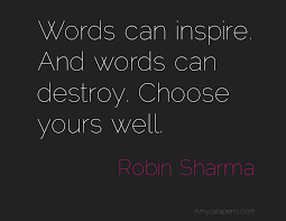
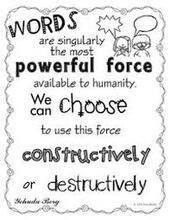
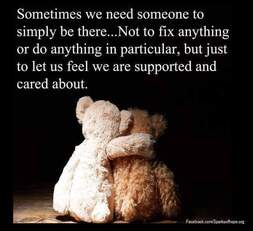
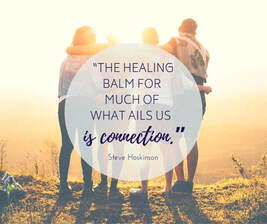
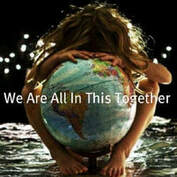
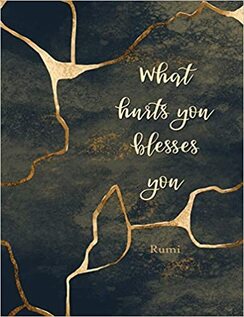
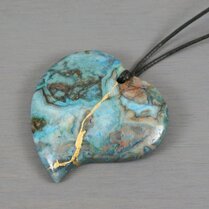
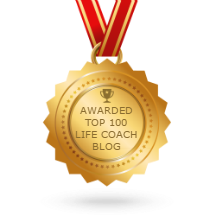
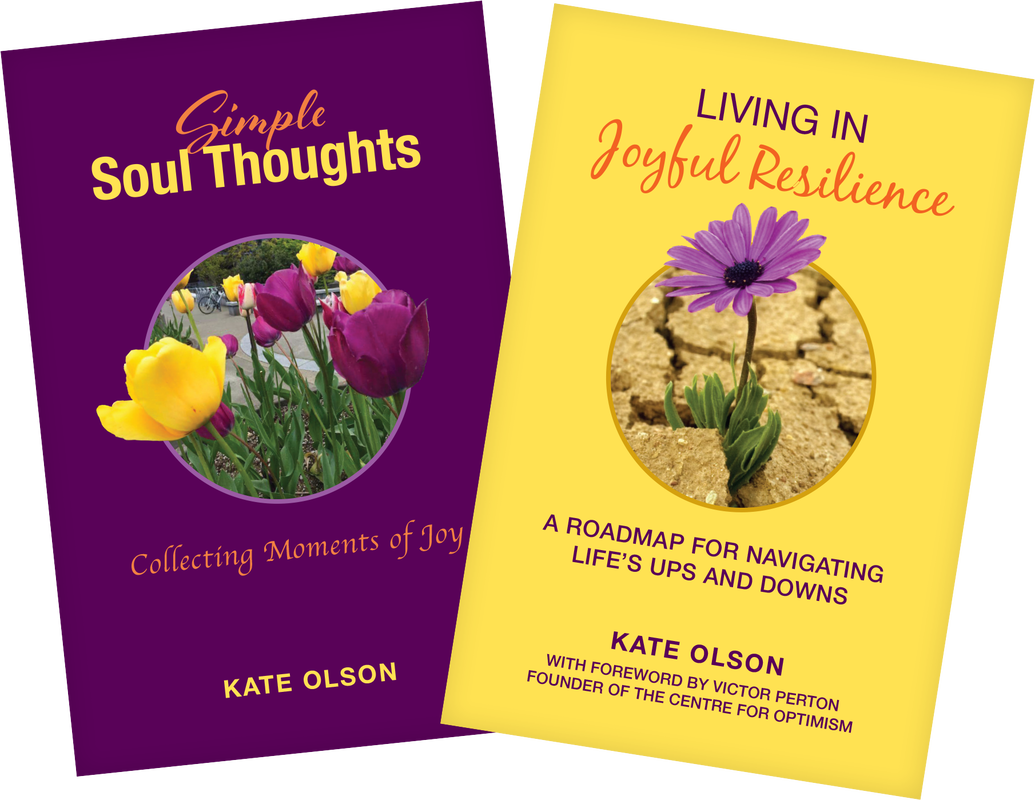
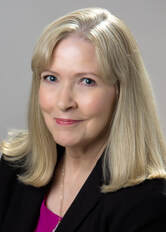
 RSS Feed
RSS Feed